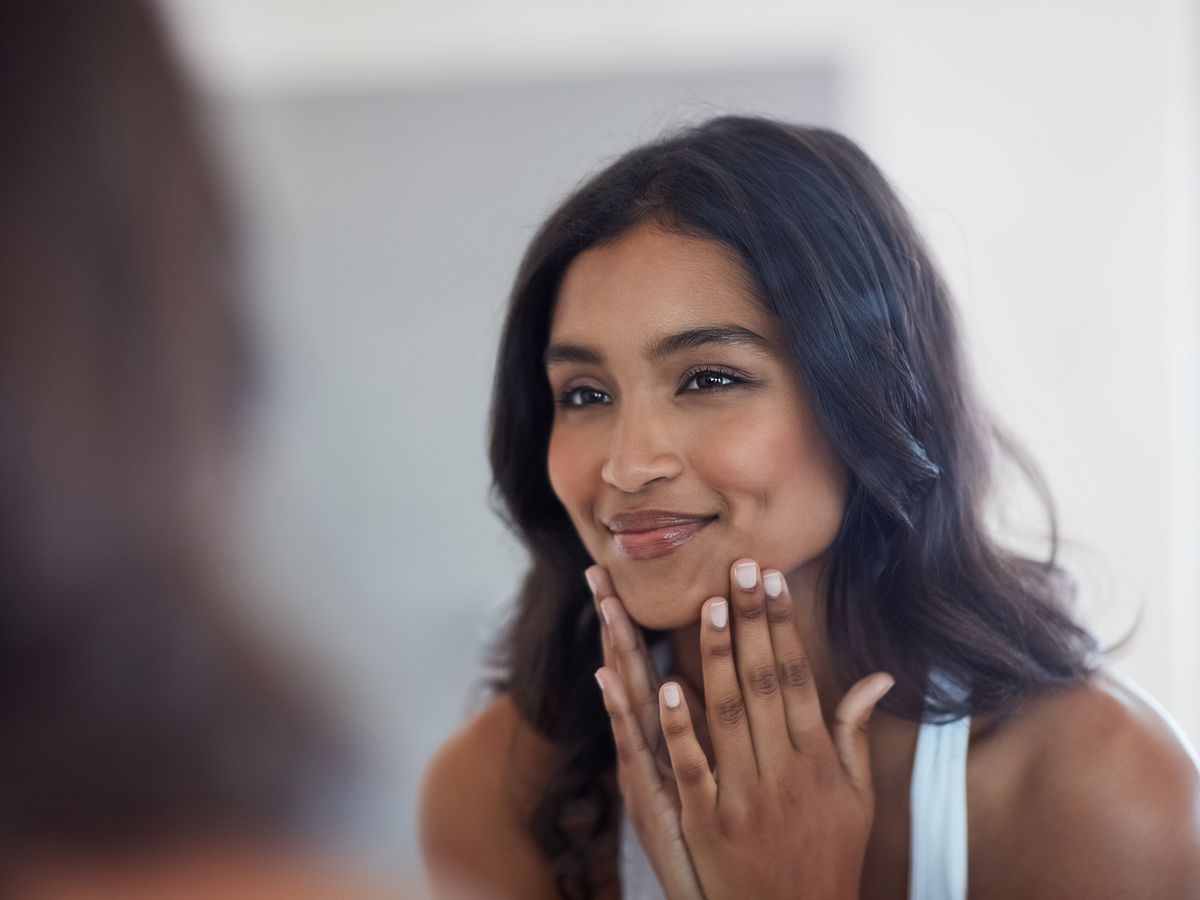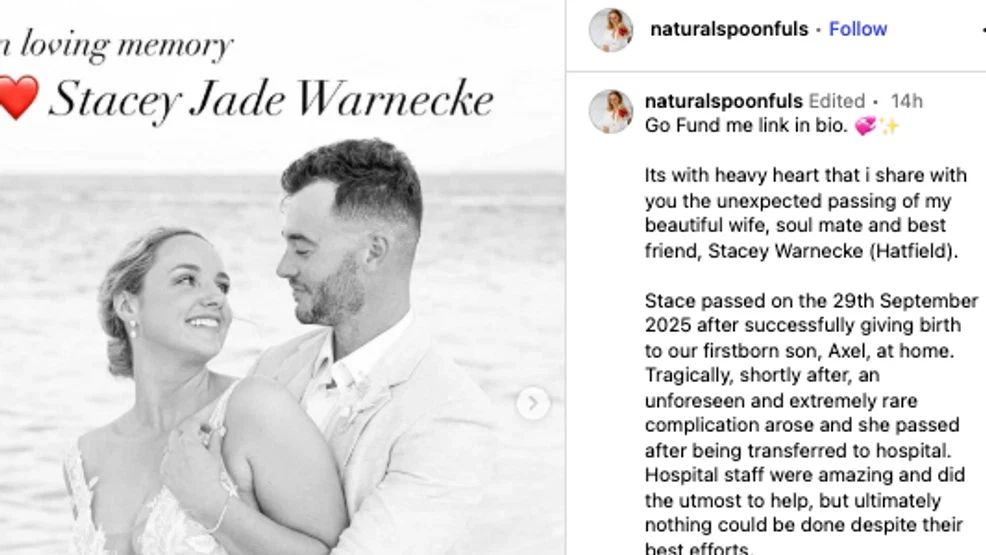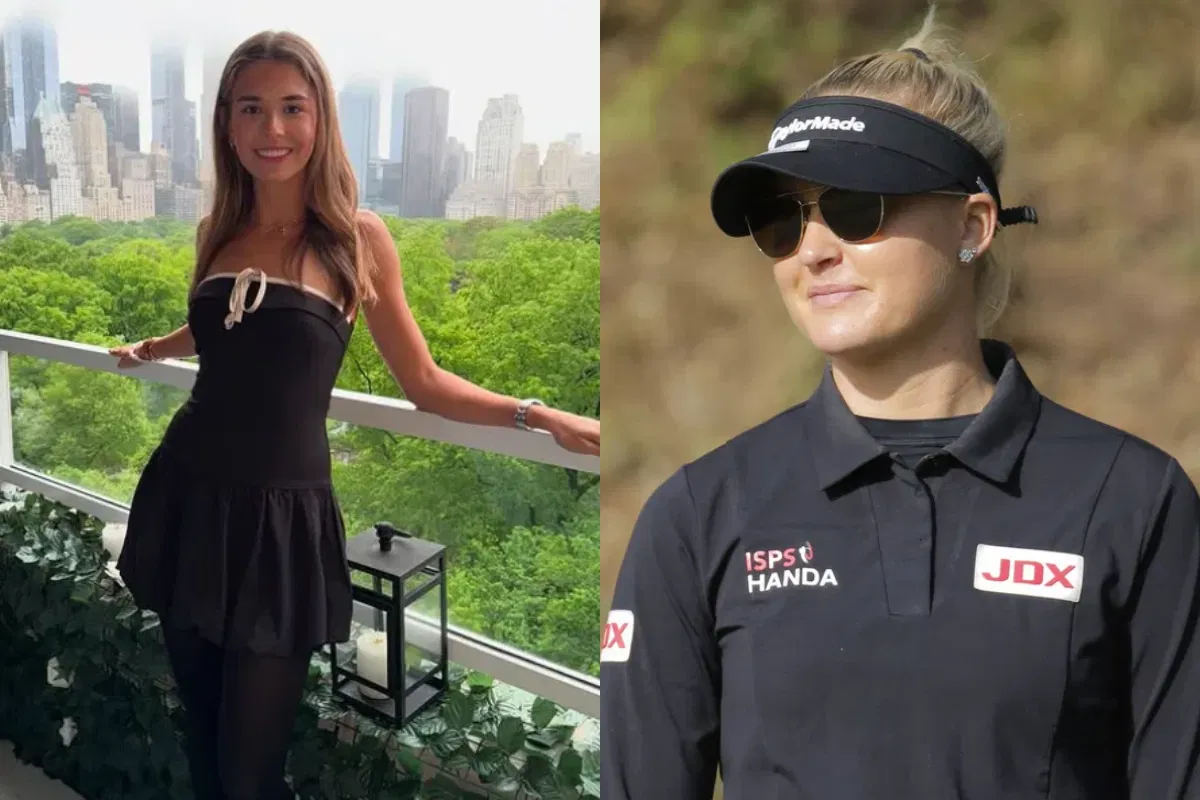Copyright mirror

It’s no surprise younger people are turning to skincare , with the rise of “skinfleuncers” and a constant stream of new products hitting the market every day. However this influence has blurred the line between care and perfection - with many Gen Z users investing in anti-ageing products long before they need them. A survey conducted by the Skin Health Alliance found that 71% of respondents said they would buy a product recommended by their favourite influencer. The Mirror spoke to expert, Dr Suzan Obagi, Chief Medical Director at Obagi Medical to understand the impact of Gen Z’s growing obsession with skin care and anti-agents available in the UK at skin station . Obagi Medical is an trusted medical-grade skincare brand with over three decades of science-driven innovation to address skin concerns such as aging, acne, hyperpigmentation and more. “They don’t want to age like their mom or their grandma, that’s a point of pride with them,” Dr Suzan Obagi told the Mirror. “They’re really into pre-juvenation." Suzan is now speaking out as she says people have only prioritised skin care once issues present themselves, making it harder to treat. “My goal is not to wait until patients really manifest all that aging in their skin,” she said. “I love the fact that younger patients are coming in wanting to pre-juvenate, take care of their skin before they age.” And while she understands skin care is essential during early adulthood, she emphasises that if Gen Z aren’t doing it correctly, they will damage their skin. Instead, she argues that your skincare routine should be simple - not ten to twelve steps everyday. Over-complication of skincare routines is the biggest skincare mistake Dr Suzan sees regularly. “Too many people go online, they see these six-step, eight-step, ten-step regimens that people are doing on their face. Especially young patients, you don’t need that," she explains. Many people are under the impression that collagen, elastin and glycosaminoglycan production peaks later in life, though Dr Suzan is keen to break this myth. She says that the peak production can be as young as 18. “Every year after that point, you make one percent less collagen, elastin, and glycosaminoglycans each passing year," Dr Suzan told the Mirror. However all three of these components are essential to keeping the face firm, hydrated and elastic. She explains that collagen and elastin aren’t just cosmetic - they’re the building blocks that keep skin firm, hydrated and resilient. “So when you pinch your skin, you’re actually feeling collagen,” she said. “But when you release it and you get that recoil, that’s your elastin.” “We need a lot of collagen. We need a lot of elastin in the skin to keep that skin firm and lifted,” she added. All three are linked to specific developmental and repair processes, which is why in early development elastin, collagen production are very high to establish the body’s structure. While glycosaminoglycans production peaks in late-stage development for tissue hydration and structural integrity, but after development the peaks in its production usually occurs during specific repair processes. For more stories like this subscribe to our weekly newsletter, The Weekly Gulp , for a curated roundup of trending stories, poignant interviews, and viral lifestyle picks from The Mirror's Audience U35 team delivered straight to your inbox. For Dr Suzan Obagi, your routine should be simple, since younger skin naturally produces plenty of collagen and elastin, skincare after 18 years old should be minimal - but still a priority. “Young skin is already making collagen and elastin,” she explained. “You need a good antioxidant. You may need a moisturiser, if your skin needs it. And a good sunscreen is a must. At night, you need a good antioxidant and a good retinoid.” These simple products, she says, can make a real difference over time as the goal isn’t to overload your skin with steps, it’s to protect what’s already there. While Dr Suzan worries that Gen Z may be overcompensating with too many products, she also sees a positive shift young people are taking ownership of their skin earlier and want to age gracefully, not drastically. Help us improve our content by completing the survey below. We'd love to hear from you!



